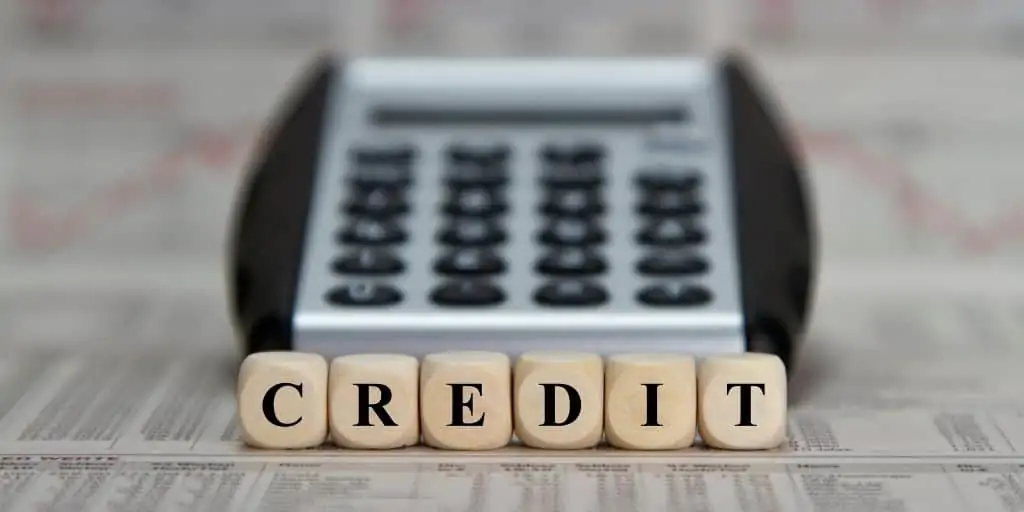What Is a Loan Underwriter?
REtipster does not provide tax, investment, or financial advice. Always seek the help of a licensed financial professional before taking action.
What Does a Loan Underwriter Do?
A loan underwriter is a specialist who examines the financial history and current financial strength of a loan applicant to determine their loan eligibility. A loan underwriter’s job is to assess the loan applicant’s credit profile and evaluate the risks associated with lending to them.

After reviewing all the relevant information, the underwriter will make a decision or recommendation as to whether the loan applicant has a strong enough financial standing to mitigate the risks associated with lending to them.
What Does a Loan Underwriter Look For in the Underwriting Process?
When an underwriter evaluates a loan application, they will evaluate the applicant’s capacity to repay the loan, the borrower’s credit history, the borrower’s debt-to-income ratio, the loan’s collateral, as well as the purpose of the loan and what impact it is likely to have on the future financial health of the loan applicant.
One common framework a loan underwriter will use is known as the 5 Cs of Credit[1], which looks at the following key factors of the proposed loan and the loan applicant:
- Character is the loan applicant a person of integrity, honesty, and good faith? If a borrower is one who will adhere to principles and stay determined to meet their obligations (i.e., pay back their loan), they are generally considered to be of good character.
- Capacity is the borrower’s ability to generate enough revenue to satisfy their debt obligations. Some lenders also refer to this metric as cash flow rather than “capacity.” It can be measured with formulas like the debt-to-income ratio (DTI) and the debt service coverage ratio (DSCR), among others. A borrower’s capacity is determined by evaluating their historical financials and comparing them with other businesses in the same industry.
- Capital is the cash a loan applicant has on hand. If the applicant has more cash on hand, they are in a better position to weather an unexpected financial hardship and cover immediate expenses as needed.
- Conditions are the external factors that will influence the prospective borrower’s ability to meet their projections. These are forces outside of the loan applicant’s control, but they still need to be identified and acknowledged as a part of the overall risk assessment.
- Collateral is typically the property that is being financed, which the lender uses to secure the loan. It ensures that the lender is made whole in the event of a loan default.
When evaluating a business loan that involves an expansion or purchase of a major new asset, underwriters will typically request a pro forma financial statement, which is a prediction of the future financial performance for a business or income-producing property. Pro forma statements can be prepared as both income statements or balance sheets[2], usually over one or more operating cycles, one year at a time.
How to Become a Loan Underwriter
Every bank and financial institution has its own unique set of criteria they will look for when hiring a new underwriter, but the following qualifications[3] can help in being considered for a position.
- A bachelor’s degree or higher from an accredited school with a major in finance, accounting, or general business.
- Previous experience in the banking industry or the financial sector.
- Previous experience as a credit analyst with another lending institution.
- Any licenses, designations, or qualifications from an ancillary profession (CPA, CMA, CCIM, security licenses)
While every additional qualification helps, there are no set-in-stone requirements to become an underwriter. Every financial institution can make its own judgment call as to whether a job applicant has the skills, background, and development potential necessary to excel in this profession.
Takeaways
A loan underwriter is a professional, usually employed by lending institutions such as banks, who reviews and assesses borrower applicants. This specialist looks at several aspects of the applicant’s financial background, specifically their 5 Cs of Credit and debt-to-income ratio, against the loan amount and collateral. If the underwriter determines that the risk of lending to the applicant is mitigated by the applicant’s good financial standing and the potential income they would get from the loan repayment, the underwriter approves the loan.
Becoming an underwriter has no set requirement, and institutions will have their own unique requirements when looking for an underwriter. In general, lenders often look for experience in the financial sector or the banking industry, certifications or licenses from a relevant body or profession, and the pertinent education and training.
Sources
- AgSouth. (2020.) Understanding the Underwriting Process: The 5 Cs of Credit. Retrieved from https://www.agsouthfc.com/News/Blog/Understanding-Underwriting-Process-Credit.aspx
- Pacific Crest Group. (n.d.) How to Do a Pro Forma Statement. Retrieved from https://www.pcg-services.com/pro-forma-statement/
- Indeed.com. (2020.) Learn About Being an Underwriter. Retrieved from https://www.indeed.com/career-advice/careers/what-does-an-underwriter-do









